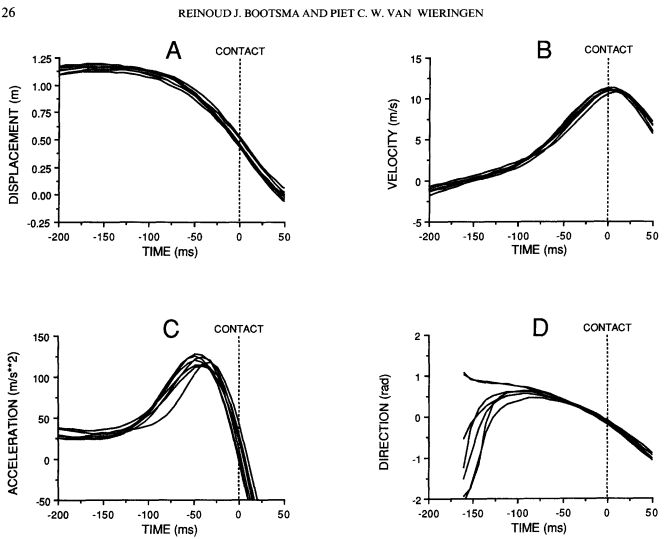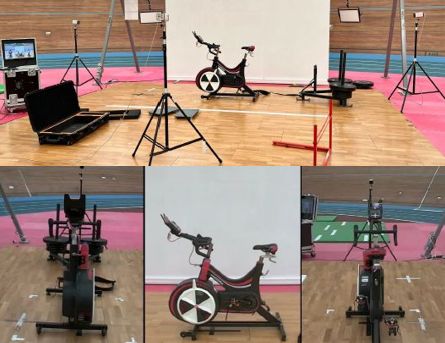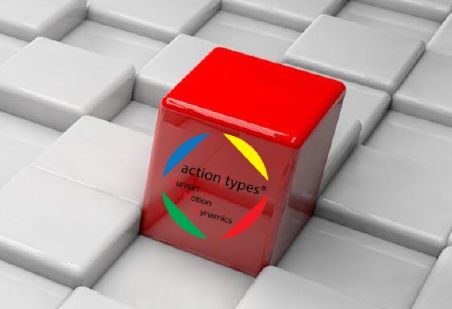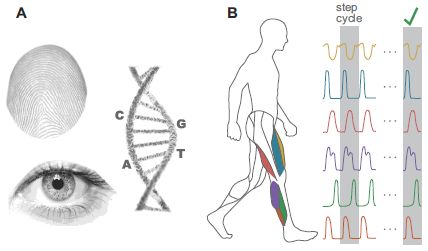ActionTypes
Scientific Advisory Board
The scientific validity of the ActionTypes approach
Scientific Advisory Board
Advisory Board's vocation
Advisory Board Members
Scientific Inputs
Events
So why do we need a scientific advisory board ?Welcome to the platform of the Scientific Advisory Board dedicated to the ActionTypes approach !
The creation of a Scientific Advisory Board is an idea that has long been in the minds of Pascal Prévost and Bertrand Théraulaz.
It aims to support/challenge the “empirical” ActionTypes (ATA) approach and to promote research in general in the field of individualizing processes based on motor signatures.
So why set up a scientific advisory board ?
While the approach has developed naturally and empirically since 1989, the year of its birth, it is now, after 34 years, reaching a level of maturity that needs to be based on a scientifically recognized foundation, in order to gain credibility, stability and sustainability.
The many successes that have regularly marked its development (countless world and Olympic medals in numerous disciplines) are now working to increase its popularity, and have inevitably also awakened feelings of jealousy. In view of the comments received throughout the development of the approach, such as “it’s not scientific, etc.”, we felt it was a question of communicating better while maintaining an appropriate level of transparency, i.e. constructive.
The “Boom” of motor preferences is in full swing in our society as much as on social networks. Today, the ActionTypes approach (ATA), which began clarifying motor preferences as early as 1989, needs to (re)take the lead by remaining what we have always been: originals, initiators of differentials… people ready to commit themselves to a cause that is beyond us, that of the well-being of human beings and their societies. We’d like each and every one of you to be recognized as a shining star in the ActionTypes galaxy.
It is now a given that this field of research will be a flagship area of scientific evolution in the future. At its own pace, science is realizing the importance of returning to a more individual dimension of study, to the dimensions of the particularities and singularities that make us unique beings endowed with talents no less so. It’s an inescapable transition from a time when everyone served to average the data…
It’s for all these (good) reasons that this site is being launched today.

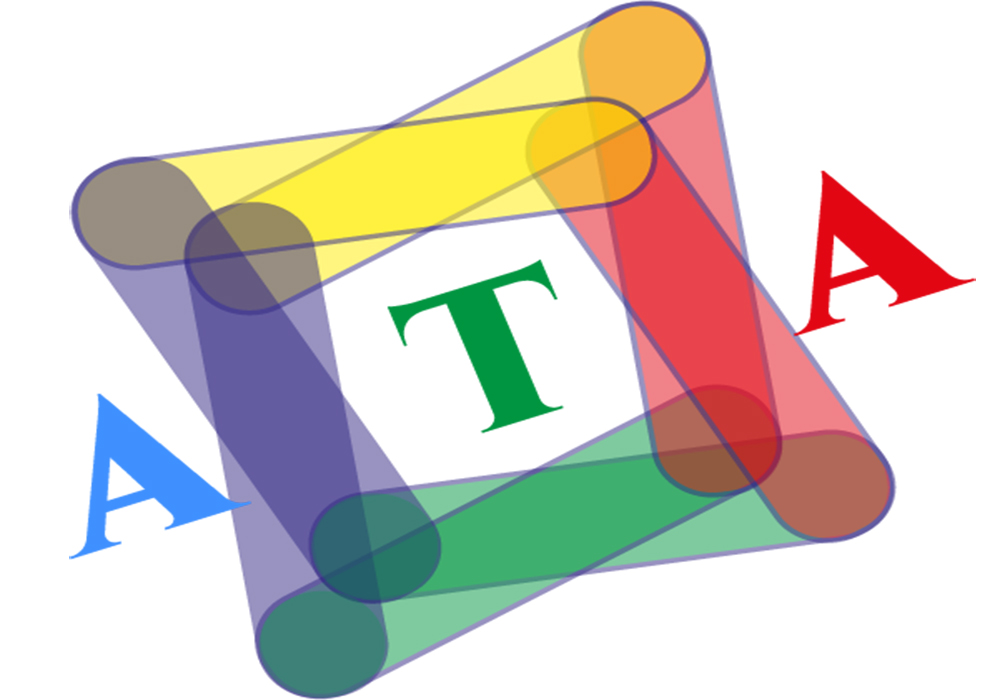
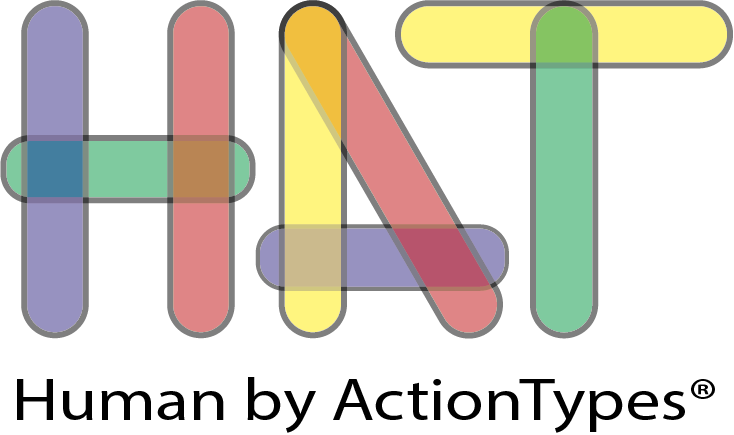
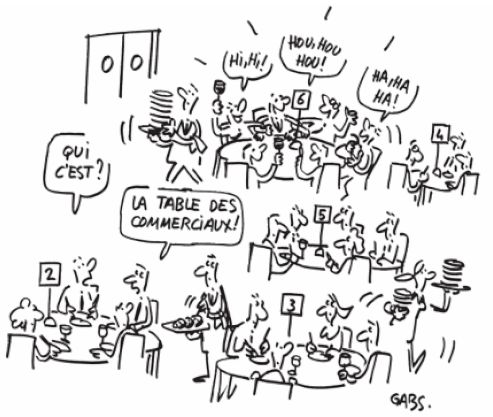
The objective of this site is to report on developments in the field of movement science, its dependencies and corollaries, while being able to respond to the criticisms, attacks and other “love messages” we will inevitably receive, i.e. :
- Develop responses to contradictory opinions questioning the notion of motor signature.
- Contribute to visibility/transparency by writing popular articles for different audiences.
Here are the members of the ActionTypes Scientific Advisory board :
Presidency : Dr Pascal Prévost, PhD in neurophysiology and motor performance biomechanics at the Collège de France under the supervision of Prof. Alain Berthoz
Vice-presidency : Prof. Dr. Wolfgang Schöllhorn ,founder of Differential Learning (DL) and authorized to conduct theses in a wide range of fields
People already (partially) trained in ATA :
– Dr Pascal Prévost, Sciensport©
– Prof. Dr Wolfgang Schöllhorn, Uni Mainz (Germany)
– Dr Claire Calmels, INSEP – Neurosciences
– Dr Ophélia Jeanneret, UNIL-EPFL – Social Science
– Dr Yann Le Meur, INSEP – Quantum physics, therapy
– Dr Guillaume Ravé, Toulouse football club, training
– Dr Yann Kervella, Brittany – Referent motor preferences for the French Football Federation
– Dr Katia Dauchot, ENS Paris – Neurosciences
– Dr. Patrice Petit, Agilbee Paris – Mathematics and Computer Science
– Baptiste Hamid, FPS Formation, Toulouse
– Prashant Patel, Coach Cricket, Master in Biomechanics, London
– Baptiste Marmoud, master in sports sciences, Vevey swimming
– Romain Bovet, master in medical biology, Bienne, Lausanne
As well as ATA-aware and untrained individuals:
– Prof. Etienne Koechlin – ENS Paris – Neurosciences, recipient of the Académie des sciences prize
– Dr. Halim Hicheur – Lyon – PhD at the Collège de France with Prof. Alain Berthoz
– Dr. Nicolas Babault – CEP Dijon – Professor at the Faculty of Sports Sciences in Dijon. Co-Director of
the G. Cometti Centre of Performance Expertise. Responsible for the Dijon University Diploma of
Physical Preparation.
– Christos Paizis – CEP Dijon – Lecturer at the University of Burgundy
– Dr Agnès Olivier – Technical Plateau Manager at the French Equestrian and Horse Institute – IFCE

Adolescent Brain Biomarkers Predict Mental Health
2023-11
Vince Calhoun / head of the TReNDS Center at Georgia State University
World-renowned neuroscientist, Distinguished University Professor and Head of the TReNDS Center at Georgia State
Innovative research has established a link between functional network connectivity (FNC) in the adolescent brain and cognitive development, including psychiatric ri
Repeatable outcomes, not repeatable movements
A post by Derek Panchuk published on Linkedin in July 2023
with a reaction from W. Schöllhorn
(source : Bootsman & van Wieringen motor control study – 1990)
Comparative study by Zoé Bonnamy (INSEP) /
2023-07
Diploma thesis – summary
Preliminary comparative study between motor profile and pedaling position on power expression and spatio-temporal organization during maximal effort on a wattbike
Sport & Science
28th Annual Congress of the European College of Sport Science
ECSS – Paris 2023
with ActionTypes
ATEP 2023
Adolescent Brain Biomarkers Predict Mental Health
2023-11
Vince Calhoun / head of the TReNDS Center at Georgia State University
World-renowned neuroscientist, Distinguished University Professor and Head of the TReNDS Center at Georgia State
Innovative research has established a link between functional network connectivity (FNC) in the adolescent brain and cognitive development, including psychiatric ri
Repeatable outcomes, not repeatable movements
A post by Derek Panchuk published on Linkedin in July 2023
with a reaction from W. Schöllhorn
(source : Bootsman & van Wieringen motor control study – 1990)
Comparative study by Zoé Bonnamy (INSEP) /
2023-07
Diploma thesis – summary
Preliminary comparative study between motor profile and pedaling position on power expression and spatio-temporal organization during maximal effort on a wattbike
Sport & Science
28th Annual Congress of the European College of Sport Science
ECSS – Paris 2023
with ActionTypes

